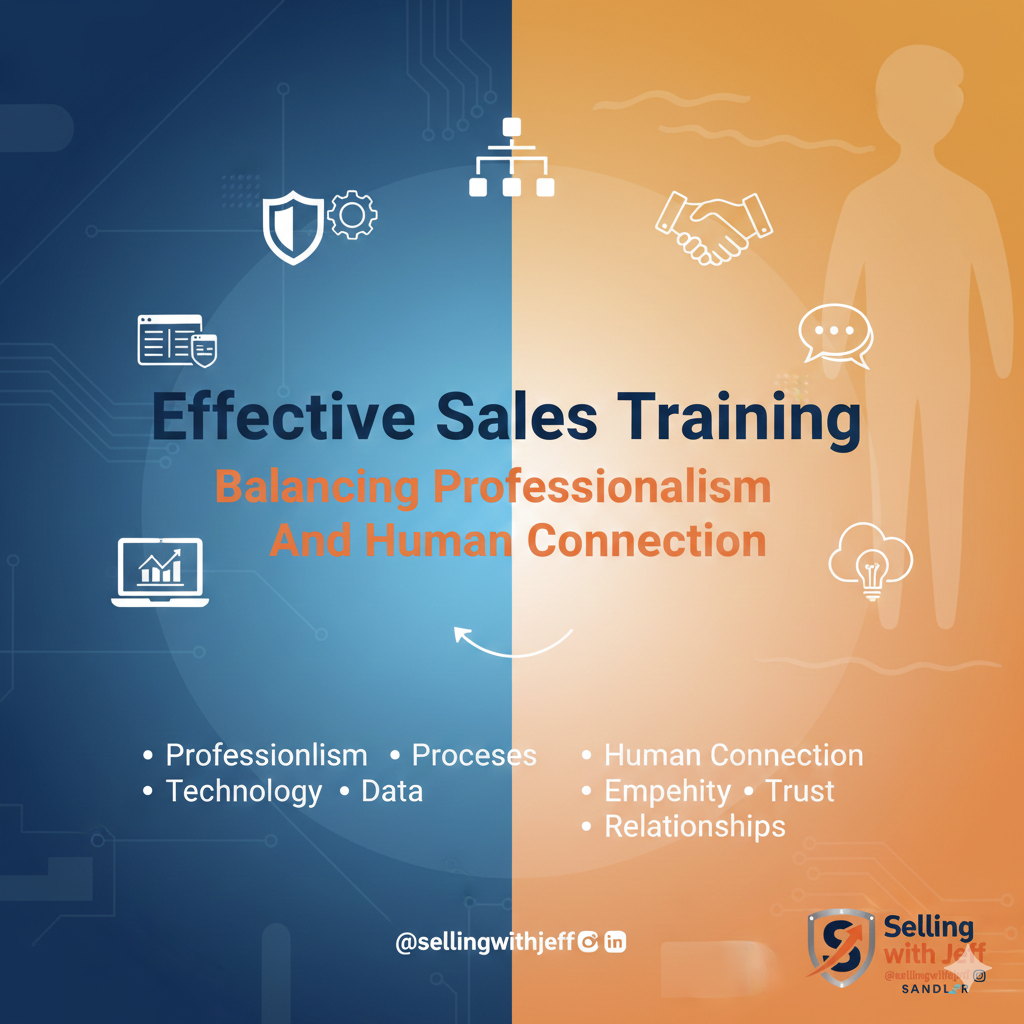Mastering The Art Of Sales: A Professional Yet Human Approach
Mastering The Art Of Sales: A Professional Yet Human Approach
Posts by:

Mastering The Art Of Sales: A Professional Yet Human Approach

Effective Sales Training: Bridging Internal And External Communication

Effective Sales Training: Balancing Professionalism And Human Connection

Mastering Sales Training: Effective Strategies And Human Touch

Effective Sales Training: Building Rapport, Identifying Pain Points, And Closing Deals